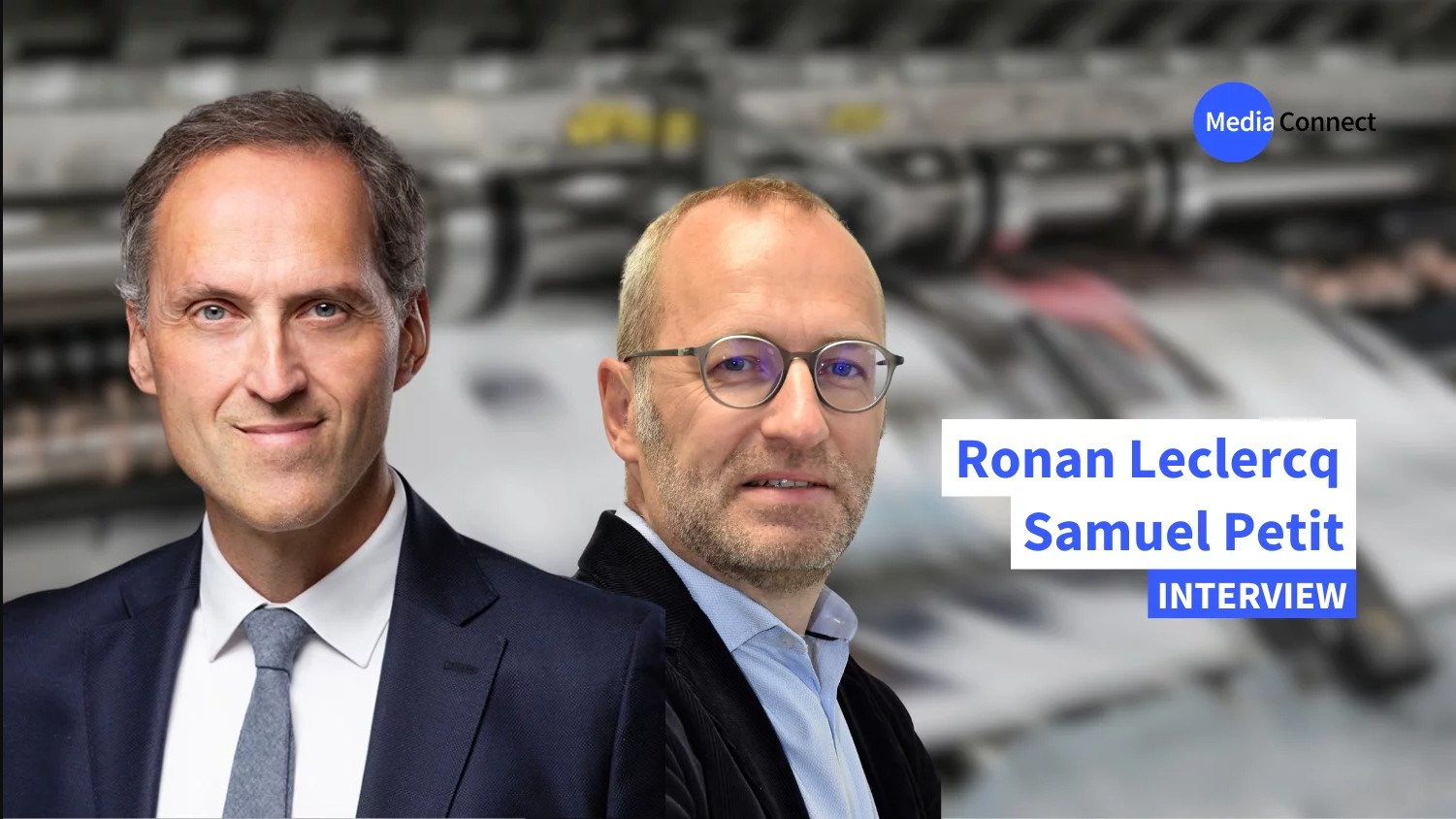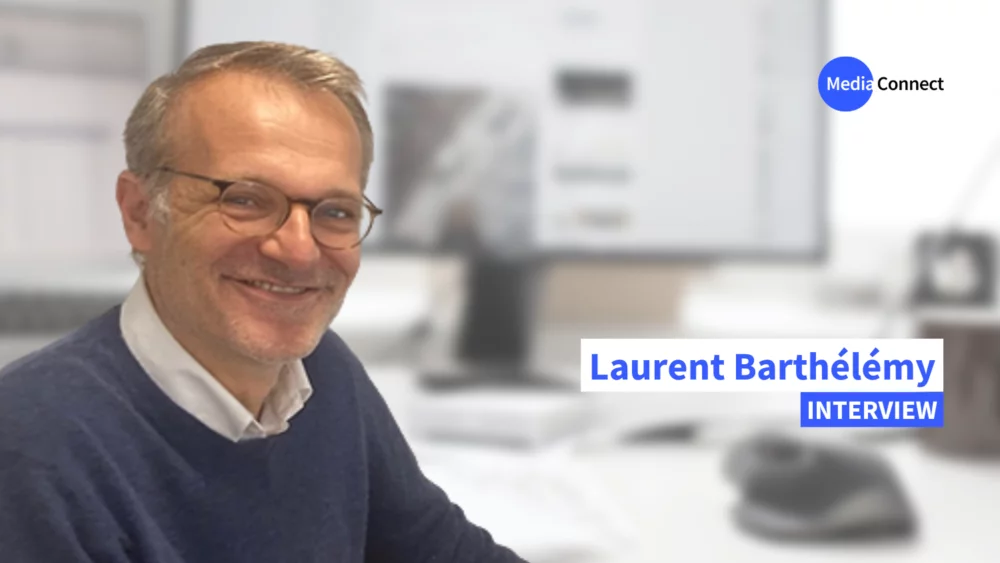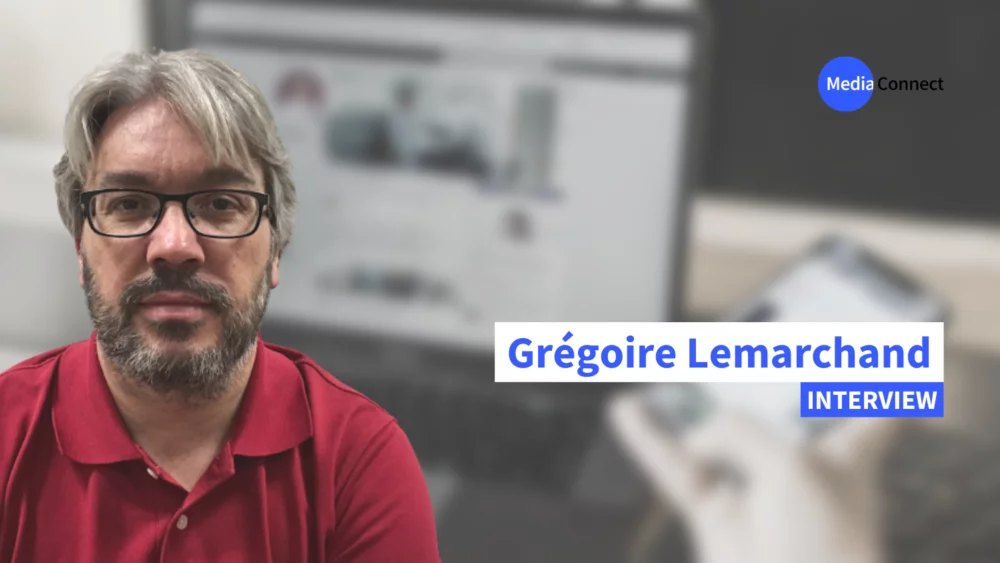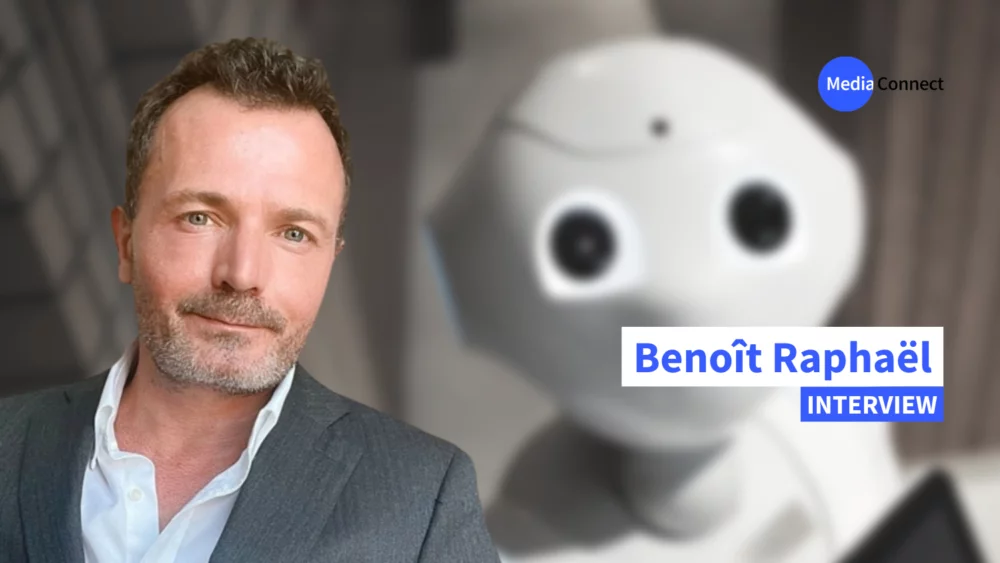Why adopt this strategy of diversifying the group’s activities?
Ronan Leclercq: During the rise of the Internet in the 2000s, job offers that were traditionally published in the paper newspaper gradually migrated to specialized websites. The Télégramme teams, seeing the volume of classifieds decline and thus revenue as well, decided to get involved. They became interested in a startup called Ouest Job, which has now become HelloWork. Later, the Télégramme group followed suit, always aiming to maintain revenue.
What are the group’s business sectors?
R.L: The Télégramme group has three branches. The media division, which is the historical branch, includes several companies: the daily newspaper Télégramme, magazines, an advertising agency, a communications company, digital-only players, and two local TV channels. Then there is the employment branch through HelloWork, which has acquired many companies recently. Finally, the events and sports branch, OC Sport, organizer notably of the Route du Rhum.
Could the Télégramme media branch survive without the group’s parallel activities?
R.L: Yes, of course! Although 2022 was a difficult year due to soaring paper and energy prices. Each division has profitability goals. No division subsidizes another. It’s not a simple battle, but we are economically positive. The group’s revenue exceeds 200 million euros, with the media branch representing about 115 million.
Why do some see diversification as a solution to save regional daily press if branches don’t feed each other?
R.L: We cannot assume that one branch will structurally run at a loss to benefit another; that’s not a virtuous model. Even if media isn’t highly profitable, it must survive autonomously and make adaptation efforts to grow revenue while improving efficiency, meaning controlling costs.
The group’s president, Édouard Coudurier, announced that in the coming years, the press would represent only a third of the group’s activities. Is there a risk the press branch might disappear in favor of more profitable activities?
R.L: Today, the media branch accounts for just over half of the group. HelloWork is growing fast and will probably become bigger than the media division. That’s great, and we welcome it! They have strong momentum and remarkable acceleration.
Télégramme is a historic brand in Brittany. The group is named after it because its reputation mainly comes from the media. It wouldn’t make sense to abandon this activity, especially since it finances itself. There is no reason to change a model that improves year after year. We even invested in one of the most modern and fastest printing presses in Europe a year and a half ago. As the second-largest daily printed newspaper in France, this shows our faith in the future of print. We print more copies than Le Figaro, Le Monde, or Libération. These results prove that people are interested in news content. Of course, digital development and new media like video are also major strategic axes.
What impact does this diversification have on the newsroom’s editorial resources?
Samuel Petit: Maintaining the media division’s profitability requires immense organizational efforts, versatility, and optimization. The challenge for our newsroom, which relies on a single daily, is to ensure that the media companies within the Télégramme group work hand in hand. Our job is to create unique flows, enhance content, and circulate it across platforms. Information is duplicated, enhanced, and transformed without organizational obstacles. This is a convergence of technical and human resources. Today, there are 245 journalists, including 218 for the daily—about the same number as ten years ago. But almost all have changed jobs, including 40 who do jobs that didn’t exist then!
From an editorial independence standpoint, how do journalists cover events organized by the group?
S.P: We have total independence in covering these events. But obviously, Télégramme and our TV channels play an important role. Like L'Équipe with the Tour de France, we are a media outlet for these events, and these events support us. It is a real strategy to organize large-scale, sometimes international events, and to be their media spokesperson.
The SNJ (National Union of Journalists) has repeatedly expressed vigilance regarding diversification strategies, emphasizing that non-journalistic activities could affect the core mission of information. What do you think?
S.P: It is not new for media groups to diversify into activities close to their ecosystem and to organize events. Back in 1903, the Tour de France was launched by a media outlet, the newspaper L’Auto. Regarding job ads, in the 1980s and 1990s, they already represented significant revenue for daily newspapers.
How has the newsroom welcomed your diversification strategy internally?
R.L: I am committed to transparency about the media division’s strategy. Every year at the Works Council (CSE), I present the strategic plan to all employee representatives. Especially last February, when it was voted on favorably, which is not always the case in many companies. The social climate at Le Télégramme is good, enthusiasm is widespread, and that’s one of our strengths. There are, of course, exchanges that are not always easy, but there is good understanding. If everyone is convinced we are moving in the right direction together, half the work is done.
S.P: Télégramme has continuously invested in its newsroom, editorial tools, and printing tools. The group has also invested in diversification, which is not against the newsroom: it is a development for independence.
Would you say media groups are companies like any other?
R.L: No, we are not like other companies because we play a major social role very different from consumer goods companies, for example. The newspaper is a product because of its content in an era when marketing is omnipresent. We are recognized by what we bring daily to people in terms of fulfillment, information, and social connection in a society becoming more complex.
S.P: We sell a very specific product: information. We cannot just be about glitz and marketing; we must earn the trust of the population—in this case, the Breton population—by ensuring the information is credible. It is a long-term industry.










